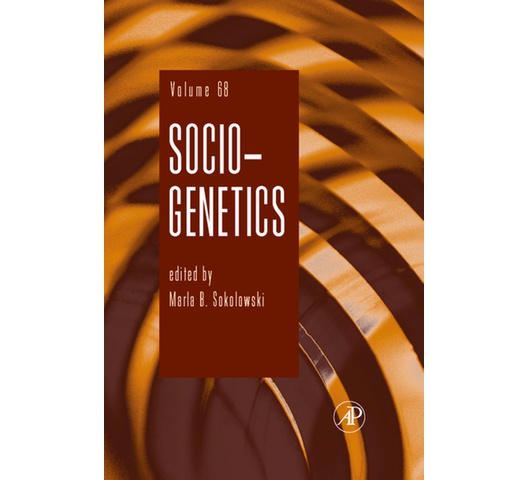
Socio-Genetics
Socio-Genetics seeks to understand both the genetic and environmental contributions to individual variations in behavior. Behaviors, like all complex traits, involve multiple genes, a reality that complicates the search for genetic contributions. As with much other research in genetics, studies of genes and behavior require analysis of families and populations for comparison of those who have the trait in question with those who do not. The result commonly is a statement of "heritability," a statistical construct that estimates the amount of variation in a population that is attributable to genetic factors. The explanatory power of heritability figures is limited, however, applying only to the population studied and only to the environment in place at the time the study was conducted. If the population or the environment changes, the heritability most likely will change as well. Focused on the genetics of complex traits in a variety of organisms—honeybees, mice, and nematodes—this volume discusses environmental influence on genetic programs and evolutionary genetics. Such research is proving important in furthering our understanding of the genetic basis of such diseases as obesity, schizophrenia, multiple sclerosis, and autism, to name a few.
- Most recent research findings on gene-environment interaction and complex behavior, allows researchers to make predictions about the genetic mechanisms that underlie some basic behaviors—eating, for example—leading to new and novel treatments for some genetically based abnormal behaviors
- Reviews environmental programming of phenotypic diversity in female reproductive strategies, providing important insight into fertility and in developing therapeutic strategies to treat infertility

Reviews
This product does not have any reviews yet.
Add your review
